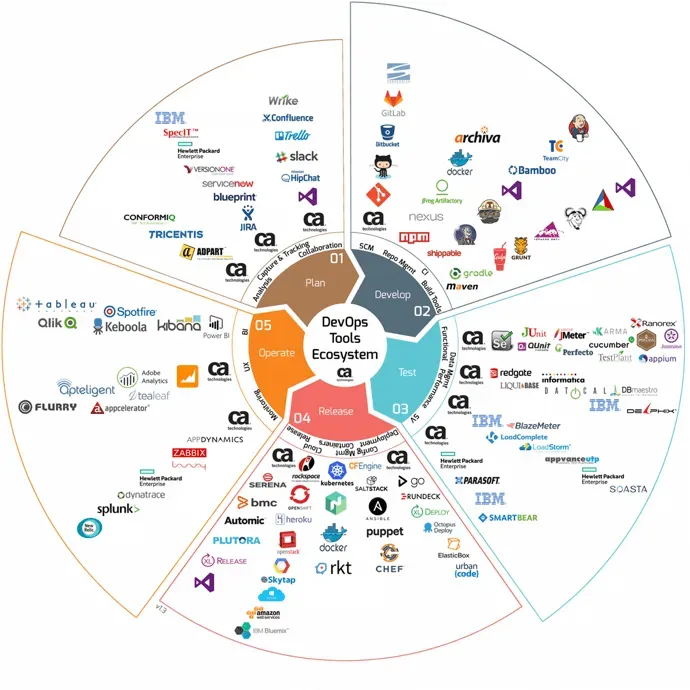DEI is Not a Person, It’s a Principle
The assertion that Vice President Harris is a "DEI hire" undermines her extensive qualifications, experience, and accomplishments.

As a DEI (Diversity, Equity, and Inclusion) practitioner, it's disheartening to witness the persistent misconceptions surrounding DEI initiatives. Recently, remarks from certain political leaders suggesting that Vice President Kamala Harris is a "DEI hire" reflect a profound misunderstanding of what DEI truly represents. Such comments reduce a multifaceted and critical framework to a simplistic and erroneous notion. Let's unravel why this perspective is not just incorrect but also damaging.
Firstly, DEI is a principle, not a person. It encompasses policies, practices, and philosophies aimed at creating an inclusive environment where everyone has equal access to opportunities and resources. Diversity refers to the presence of differences within a given setting, encompassing race, gender, age, ethnicity, ability, and more. Equity involves ensuring fair treatment, access, and opportunity for all individuals, acknowledging that advantages and barriers exist, and that resources may need to be allocated differently to achieve an equal outcome. Inclusion is about fostering a culture where all individuals feel respected, accepted, and valued.
The assertion that Vice President Harris is a "DEI hire" undermines her extensive qualifications, experience, and accomplishments. Kamala Harris’s career is marked by significant achievements as a district attorney, attorney general, and senator, reflecting her competency and dedication. Reducing her candidacy to a DEI initiative disregards her merit and diminishes the value of her contributions to public service.
Moreover, this misrepresentation perpetuates harmful stereotypes. It implies that individuals from underrepresented groups achieve success solely because of DEI efforts, rather than their skills and qualifications. This not only discredits the individuals but also undermines the very purpose of DEI initiatives, which aim to create equitable opportunities and dismantle systemic barriers.
DEI is about transforming organizational cultures and systems to be more just and inclusive. It's about recognizing and valuing the diverse experiences and perspectives that each individual brings. It involves implementing policies that address discrimination, bias, and inequality, ensuring that everyone has a fair chance to succeed. Labeling a highly accomplished individual as a "DEI hire" ignores the systemic inequities that DEI seeks to address and trivializes the rigorous efforts made to foster true inclusivity.
It’s crucial to understand that DEI is a comprehensive framework aimed at achieving systemic change. It is not about tokenism or reducing individuals to their demographic characteristics. Vice President Harris’s candidacy should be evaluated based on her extensive qualifications and leadership capabilities. As a society, we must move beyond reductive and erroneous views of DEI and recognize the importance of creating equitable opportunities for all, grounded in merit, fairness, and respect.










